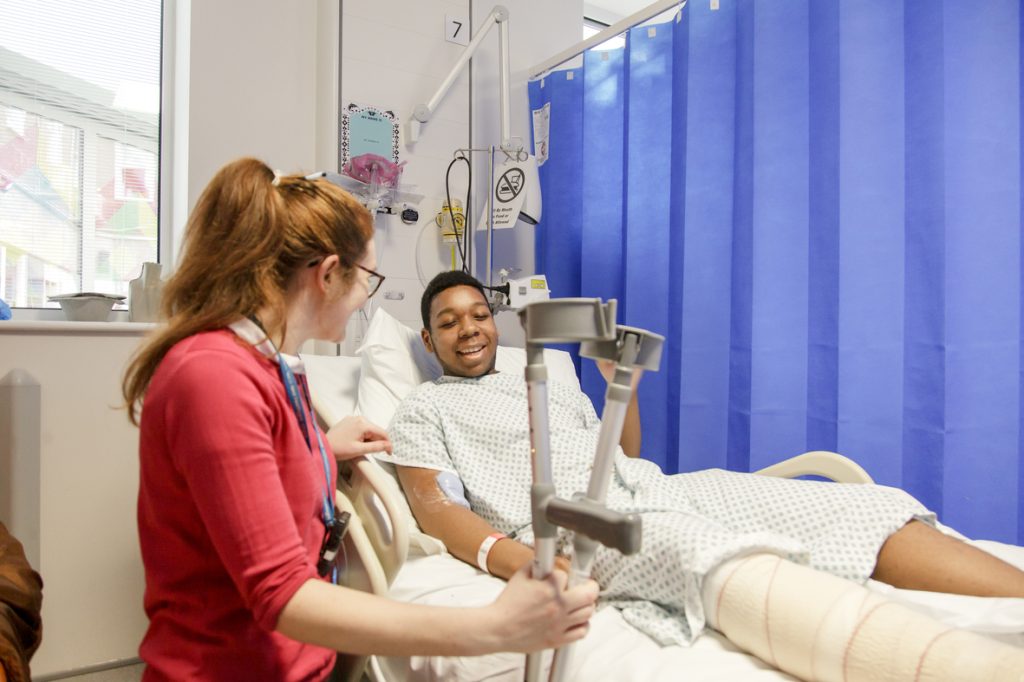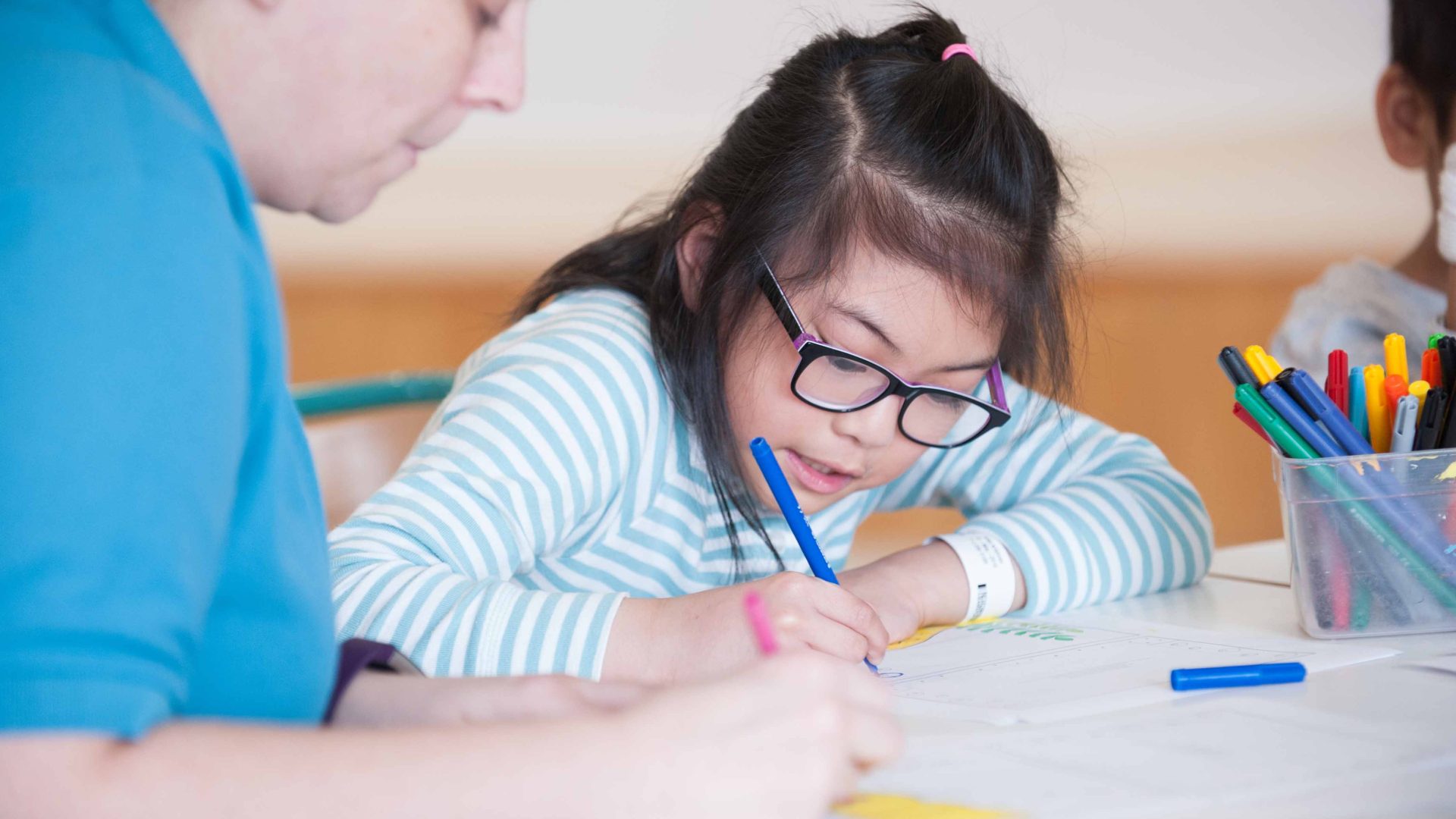Social prescribing need for young people
Social prescribing is an approach used by the NHS to help patients improve their health, wellbeing and social welfare. They do this by connecting them to community services such as fitness classes, social events and translation services. These services could be run by the council or a local charity.
Social prescribing for adults has become widespread over the last ten years. However, similar support for children and young people (CYP) has only begun to be embedded during the last 12 months. These services for CYP are based out of GP practices or from local authorities. This creates a gap whereby young people who are already under the care of doctors based in a hospital are unable to access social prescribing services.
This gap in provision needs to be addressed at a time when young people require help the most. Even outside of the Covid-19 pandemic, these individuals are already at risk of experiencing mental health problems.
Recent research indicates that the pandemic has resulted in a mental health crisis. A third of young Londoners reported wellbeing scores indicating depression, and a majority indicating poor wellbeing (Partnership for Young London ‘Mapping Young London’).

"The service will aim to increase young people’s connection with others and their local services, empowering them to take control of their own health and wellbeing."Kath Evans, RGN RSCN Director of Children's Services at Barts Health NHS Trust
The social prescribing model explained
In this year-long pilot project, an experienced youth worker will be recruited to act as a social prescriber for CYP with long-term or medically unexplained conditions who are currently being treated at the Royal London Hospital.
The social prescriber will work with the patient to develop a model of care. The model will go beyond the standard treatment that the patient normally receives, instead serving them holistically. The impact the social prescriber has on patient wellbeing and clinical outcomes will be rigorously evaluated.
Kath Evans RGN RSCN, Director of Children’s Services at Barts Health NHS Trust, said:
“We are delighted that Barts Charity have supported our goal to develop this new model of social prescribing service. It will help to strengthen clinical outcomes, particularly for young people with long-term health conditions through enhancing personal and community resilience. It will also reduce health inequalities by addressing the wider non-medical factors influencing health, such as loneliness, emotional distress, debt, poor housing and physical inactivity.
“The integrated service will provide holistic support, connecting young people to local initiatives and community based services for practical and emotional support. The service will aim to increase young people’s connection with others and their local services, empowering them to take control of their own health and wellbeing.”
The pilot hopes to establish a model of social prescribing for young people in a secondary care setting that could be replicated across the UK.


